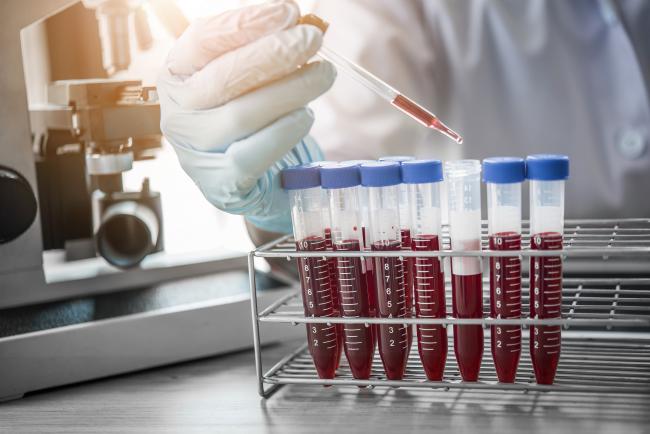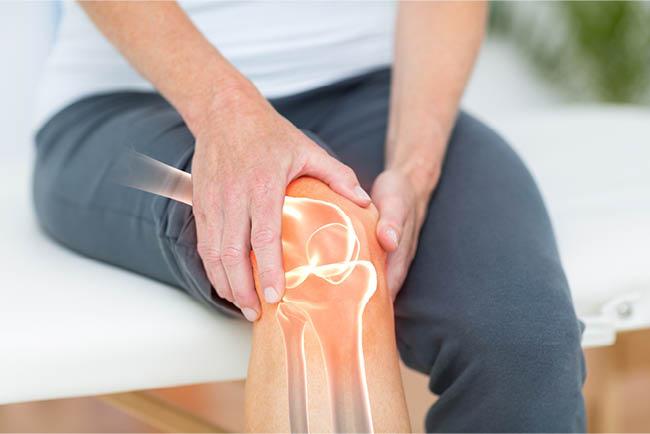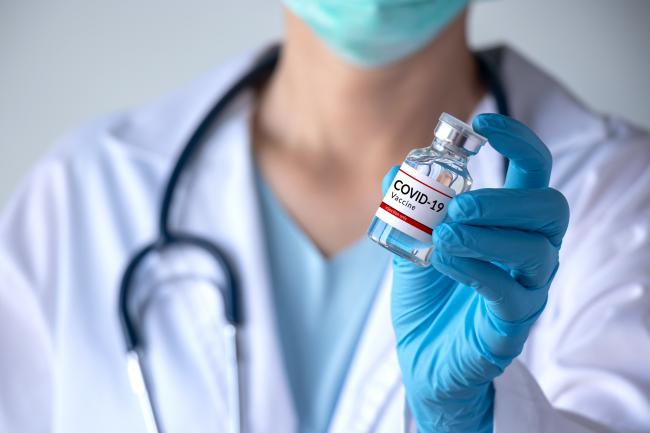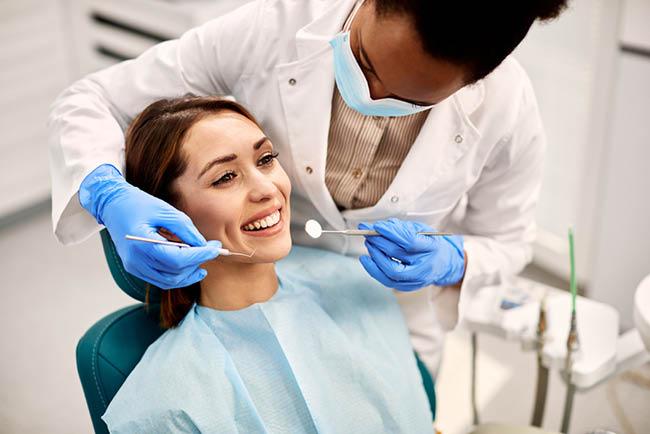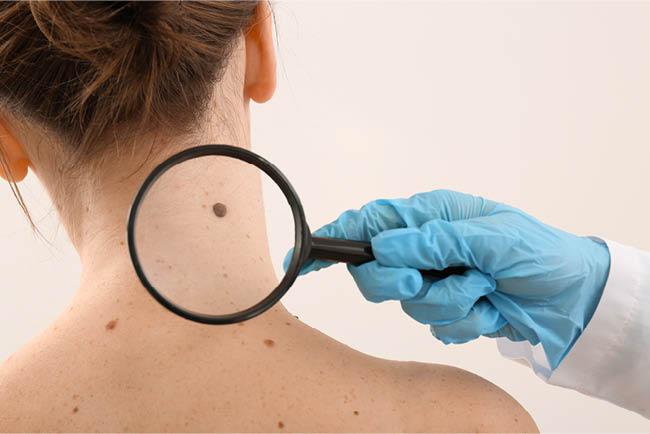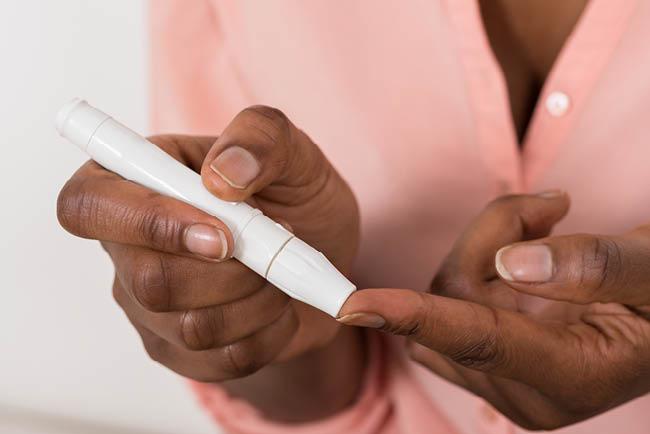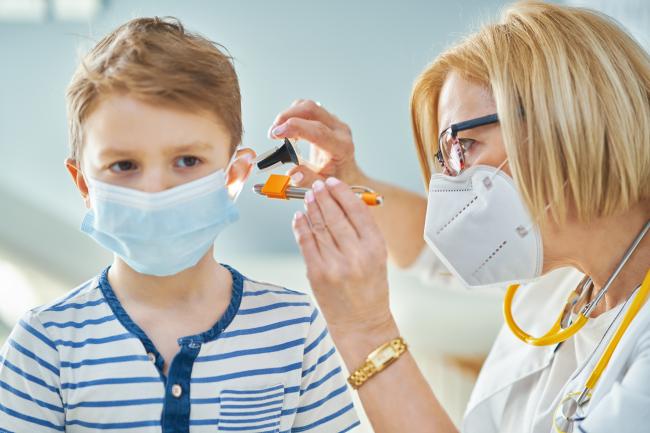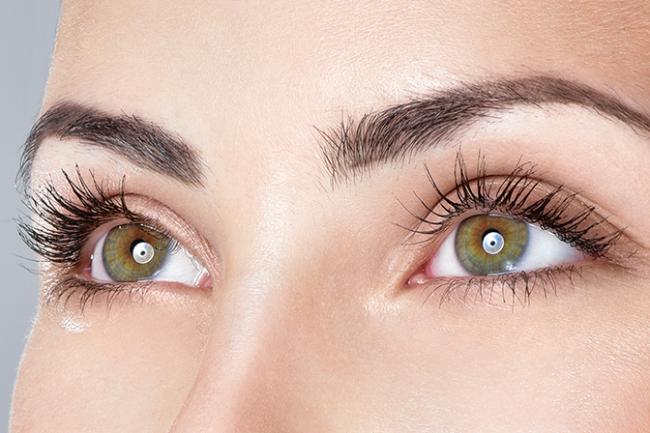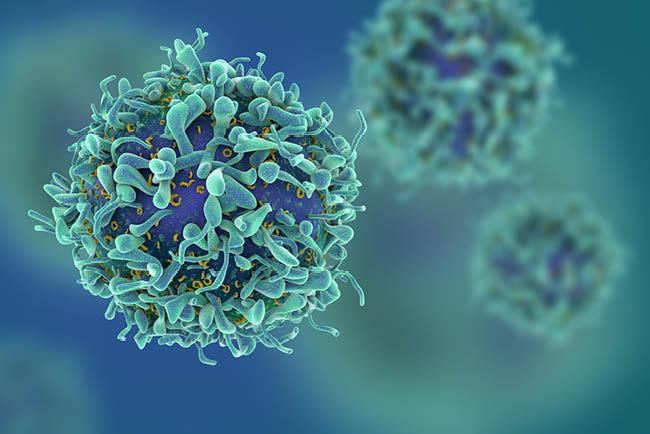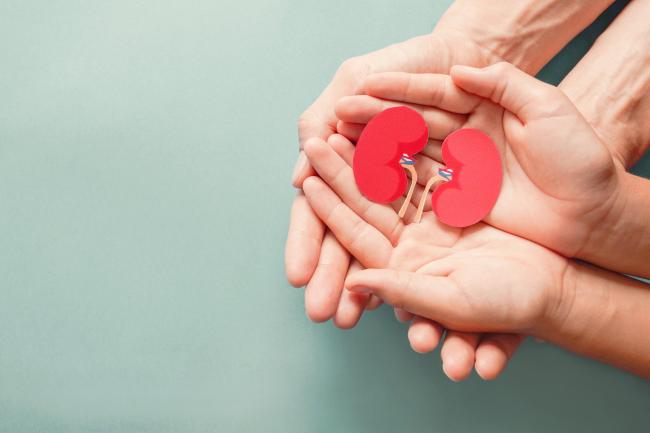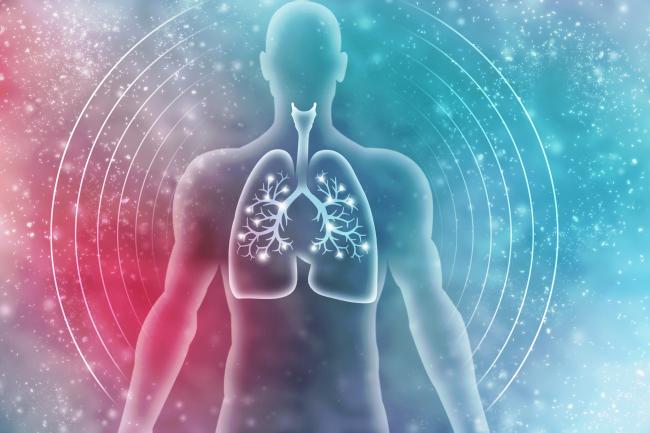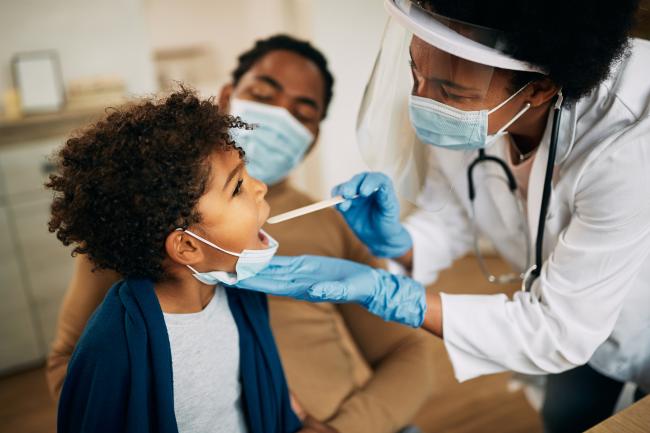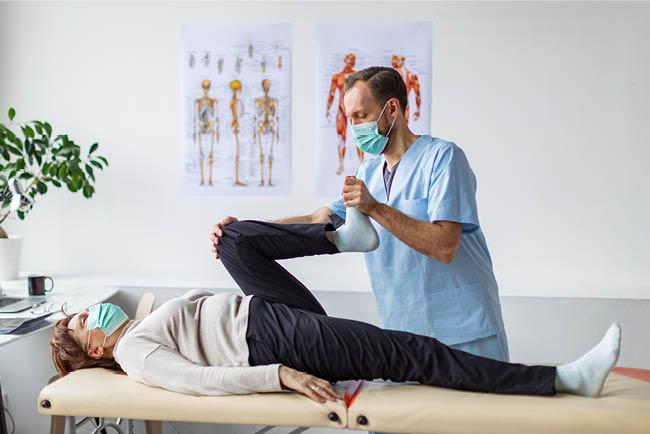Search Studies
Research studies are looking for volunteers just like you. Both healthy volunteers and participants with specific health conditions are needed to help answer important questions impacting the health of our friends and family. Join us to improve the health of others.
-
Effect of Diet and Electrical Stimulation Exercise on Blood Pressure Control in Spinal Cord Injury
Official Title Lifestyle solutions to postprandial hypotension in spinal cord injuryPurpose
To test if a low-glycemic diet and electrical stimulation of leg muscles can improve blood pressure control after eating.
Could this study be right for you?
- Spinal cord injury sustained at least 1-year ago
- Level of injury between C4 and T10
- Use of wheelchair for majority of daily activities
Age Range
18 years and up -
Making Colorectal Cancer Screening Simple and Accessible Through Technology
Official Title Digital Transformation of CRC Screening: Revolutionizing Access and Saving LivesPurpose
The purpose of this study is to conduct usability testing to evaluate ease of use and overall user experience of a website designed to promote colorectal (CRC) awareness and screening uptake among adults 45-64.
Could this study be right for you?
Inclusion Criteria: Eligible participants will 1) be between the ages of 45-64, 2) at average risk for CRC and 3) from diverse racial/ethnic and socioeconomic backgrounds
Those who are ineligible fall under the following categories:
-
Age: Individuals outside the age range of 45-64 will be excluded
-
Pregnancy Status: Pregnant individuals will be excluded from the study. since CRC screening is not recommended for pregnant individuals
Age Range
45 - 64 years -
-
Does the amount of nicotine in filtered little cigars impact health and smoking habits?
Official Title LOWFLC Study: Addiction potential of low nicotine filtered little cigarsPurpose
Researchers from The Ohio State University are recruiting adult users of little cigars and cigarillos to help improve understanding of the products’ health impact.
Could this study be right for you?
- Current smoker
- No significant health problems
Age Range
21 - 75 years -
A Study for Reducing Alcohol Use During MOUD (Phase Two)
Official Title Brief Digitally Enhanced Intervention for Managing Emotional Pain and Reducing Alcohol Use during Medication for OUD (Phase Two)Purpose
This study is being done to further examine and improve how a brief clinical treatment intervention may reduce alcohol use among patients engaged in medication for opioid use disorder (MOUD) treatment.
The length of the study is approximately 10 weeks and will include two on-campus lab visits at Ohio State's Medical Campus, daily surveys via a smartphone app (surveys 3 times a day for ~21 days), three treatment sessions (completed online or in-person), and follow-up questionnaires (completed online). The total time commitment of the study is 11 hours and 6 minutes.
Could this study be right for you?
Inclusion Criteria:
- engaged in MOUD treatment (for at least one month)
- alcohol consumption (within the past 12 months)
- age 18 or older
- access to a smart phone
(partial list of inclusion criteria)
Exclusion Criteria:
- diagnosis of psychosis or bipolar I
- currently pregnant (positive pregnancy test)
(partial list of exclusion criteria)
Age Range
18 years and up -
Evaluating the Safety and Usefulness of an Investigational Study Drug for Treating Patients with Bipolar Depression
Official Title Depressive Episodes Associated with Bipolar I or II Disorder: A Double-Blind,
Placebo-Controlled Study to Evaluate the Efficacy, Safety, and Tolerability of
ABBV-932Purpose
The purpose of this study is to see if the investigational study drug is safe and useful for treating patients with bipolar depression.
Eligible participants will be randomized to receive the drug or placebo. A placebo looks just like the investigational study drug but has no active drug in it.
The maximum duration of the study treatment period is 6 weeks. Participants receive psychiatric evaluation at each visit, and physical exam, urine test and blood draws at some of the visits. All study medication and procedures are provided at no cost, and participants may be compensated for their time and travel for each visit attended.
Could this study be right for you?
A diagnosis of bipolar disorder (type I or II) and be currently depressed.
Age Range
18 - 65 years -
Postpartum Depression Study
Official Title A Multicenter, Randomized, Double-Blind, Parallel-Group
Dose-Controlled Study Evaluating the Safety and Efficacy of
RE104 for Injection in the Treatment of Patients with
Postpartum Depression (PPD)Purpose
The purpose of this study is to compare the effectiveness of two doses of an experimental medication, administered once, in reducing symptoms of depression in patients with postpartum depression.
Eligible participants will be assigned by chance to one of the two doses of the medication. The study includes 6 in-person visits and 4 telephone calls for up to 8 weeks.
Could this study be right for you?
To be eligible for this study, participants must meet the following criteria:
- Female aged 18 to 45 years
- Less than 12 months since delivery
- Currently depressed
- Not currently breastfeeding
Age Range
18 - 45 years -
A Depression Study Examining the Effects of Lumateperone in Treatment-Resistant Depression
Official Title A Randomized, Double-Blind, Placebo-controlled Multicenter Study to Assess the
Efficacy and Safety of Lumateperone as Adjunctive Therapy in the Treatment of
Patients with Major Depressive DisorderPurpose
Depression is one of the most common mental health issues worldwide. Many people with major depressive disorder (MDD) take antidepressant medications that do not provide enough of a response to ease their depressive symptoms.
The primary objective of this study is to evaluate the benefit of Lumateperone 42 mg administered once daily compared with placebo as adjunctive treatment to antidepressant therapy (ADT) in patients with Major Depressive Disorder (MDD) who have an inadequate response to ongoing ADT.
Could this study be right for you?
You may be able to take part if you:
• are 18–65 years of age
• have a confirmed diagnosis of Major Depressive Disorder (MDD)
• feel that your current antidepressant medication is not working well
• Has tried 2 or more antidepressant medication in the current episode of depression
Other criteria will need to be met to confirm your eligibility for this study.
Age Range
18 - 65 years -
Comparing Adults with Knee Osteoarthritis to Healthy Controls: A Study on Brain Activation
Official Title The KOBRA Study: The Effects of Knee Osteoarthritis on Brain ActivationPurpose
The purpose of this study is to assess changes in brain activation and processing in those with right knee osteoarthritis compared to healthy controls.
Could this study be right for you?
- Either two healthy knees OR those with right knee pain from a diagnosis of right knee osteoarthritis with a healthy left knee
- No metal implants that prevent you from having an MRI
- No foot/ankle/leg/hip surgeries in the past year
- No neurologic conditions
- No conditions that prevent athletic participation or maximal effort exercise
- Able to provide informed consent
- Speak and read English
Age Range
45 - 70 years -
Establishing Reference Values and Clinical Decision-Making Points for Live-action X-ray Swallowing Exams
Official Title Establishing Reference Values and Clinical Decision Points for Quantitative Videofluoroscopic Measures of SwallowingPurpose
This study will help create healthy reference values clinicians can use to evaluate adult patients of all ages and is sponsored by the National Institute on Aging. During this study, we will perform an x-ray swallowing exam and breathing tests with persons who do not have a personal history of swallowing problems or any disorders that could contribute to a swallowing problem. Study participation will consist of a screening meeting (approximately 15 minutes) via phone call, video chat, or email to verify eligibility, and one in-person visit to our laboratory (approximately 1 hour).
Could this study be right for you?
- If you are biologically female and of child-bearing age (<63), you must not be pregnant or breastfeeding.
- No personal history of surgery or radiation therapy to the head or neck (mouth, jaw, neck, brain, nose, face, thyroid, throat, or voice box) other than having your tonsils, adenoids, or teeth removed.
- No personal history of cancer involving structures of the head, neck, spine, respiratory, or lymphatic system.
- No personal history of stroke or other progressive nerve disease.
- No current diagnosis or personal history of Chronic Obstructive Pulmonary Disease (COPD).
- No known allergies to barium.
Age Range
54 - 89 years -
Understanding How Children Learn and Organize Words
Official Title The Development of Semantic OrganizationPurpose
We are currently in the process of conducting a 5-year National Institutes of Health-funded longitudinal study on semantic and language development, specifically focusing on how children learn new words and understand their meanings. Our goal is to not only examine language learning but also how these processes evolve as children grow.
In this study, we will follow two hundred 4-year-old junior scientists as they participate in fun, interactive word-learning and language activities. Over the course of the study, participants will visit our lab twice a year, each lasting around 60-90 minutes (including breaks), to engage in a series of playful games with a research assistant designed to explore how children comprehend and retain new vocabulary. Additionally, your child will have the opportunity to wear a LENA recorder—a small, wearable device that tracks the number of words your child hears throughout the day, similar to a Fitbit but for words!
Could this study be right for you?
- Child must be monolingual
- Not born premature
- No developmental delays
- Can give a verbal response
- Normal to corrected vision
Age Range
4 - 4 years -
Sensory Processing in Autism
Official Title Neural Biomarkers of Sensory Symptoms in AutismPurpose
The purpose of this study is to understand sensory processing in children on the autism spectrum, Using EEG, we will look at brainwaves while children play different computer games. We will also have children play some paper-pencil games during their visit to our lab. We hope to better understand sensory experiences and support autistic people in ways that celebrate their unique strengths.
Could this study be right for you?
Inclusion criteria for the autism group are
- Diagnosis of autism from a licensed psychologist based on the Autism Diagnostic Interview-Revised or the Autism Diagnostic Observation Schedule (ADOS),
- Aged 8 - 12 years old
- Normal/corrected vision/hearing, and IQ > 65. 19 Children taking stimulant medications will be included in the study but will be required to be off medication for 24 (for short-acting preparations) to 48 h (long-acting preparations) prior to the visit
Inclusion criteria for the age-matched TD control group include:
- No concerns/diagnoses of any neurodevelopmental, learning, or mental health conditions
Age Range
8 - 12 years -
A First-in-human Study of a New Gene Therapy (AMT-260) in Adults with Unilateral Refractory Mesial Temporal Lobe Epilepsy (MTLE)
Official Title A Multi-center, Phase 1/2a, First-in-human (FIH) Study Investigating the Safety, Tolerability, and Efficacy of AMT-260 in Adults with Unilateral Refractory Mesial Temporal Lobe Epilepsy (MTLE) Administered via Magnetic Resonance Imaging (MRI)-guided Convection-enhanced Delivery (CED)Purpose
You are being invited to participate in a study about mesial temporal lobe epilepsy (MTLE) on only 1 side (unilateral) of the brain that has not responded to medication (refractory).
The study will test AMT-260, which is a new gene therapy under investigation for use in treating people like you with MTLE. It is not yet approved as a drug for treating MTLE. It can only be used in a study like this one. This is the first time this gene therapy will be used in humans. It has previously been studied in animals.
AMT-260 is a gene therapy designed to reduce the electrical signals between nerve cells (neurons) in the parts of your brain where nerve cells are abnormally connected. This reduces the extra electrical signals that happen at the same time and is intended to reduce your seizure activity.
The overall goals of this study are:
- To observe whether participants have any side effects from AMT-260 or from the procedure to deliver AMT-260 into the brain and how well participants tolerate any side effects that may occur.
- To measure if participants have changes in:
- frequency of their seizures
- how their seizures affect their life
- how the human body takes up and removes AMT-260
- To find the best dose of AMT-260 for future participants to ensure clinical benefit with minimal or no side effects.
Could this study be right for you?
Adult, 18-65 years of age, inclusive, capable of giving informed consent.
Written informed consent is given freely after the nature of the study has been explained to the participant and the completion of data disclosure.
Willingness to undergo necessary surgical procedures.
Diagnosis of unilateral refractory MTLE for ≥360 days, confirmed by an Epilepsy Monitoring Unit.Additional Eligibility Criteria to be assessed by neurosurgery team, and as described in the study protocol.
Age Range
18 - 65 years

